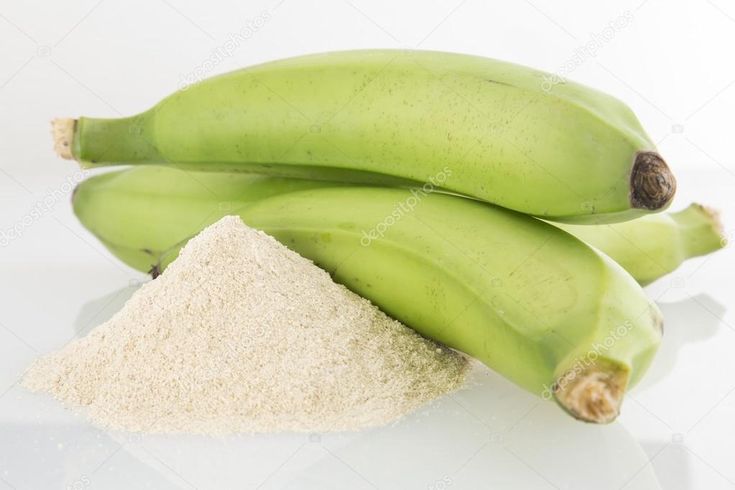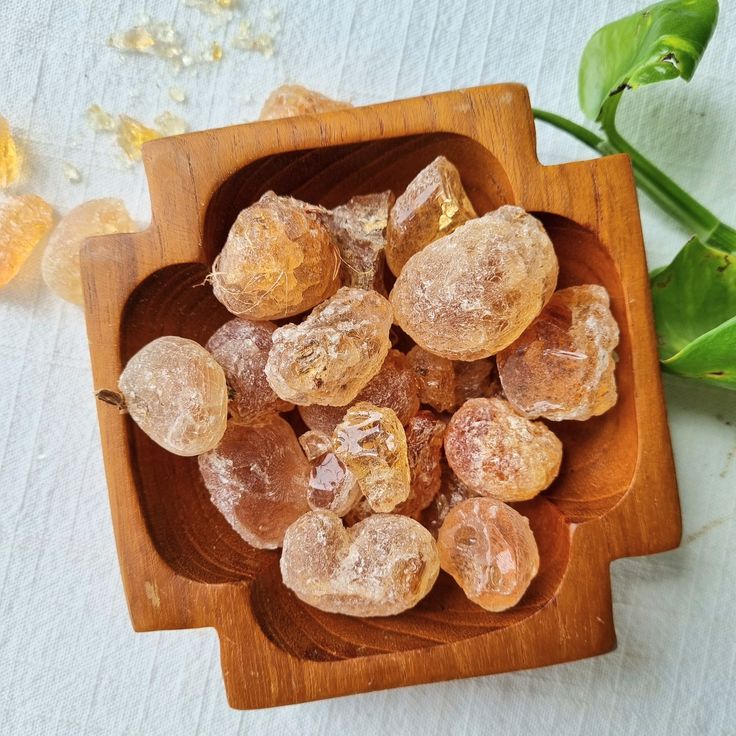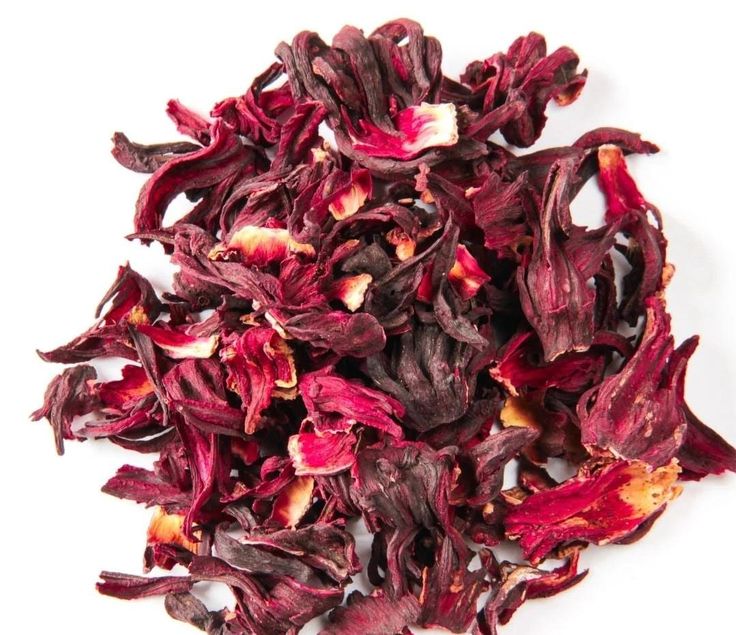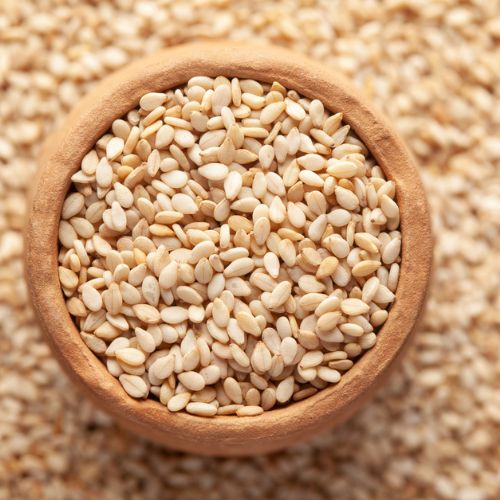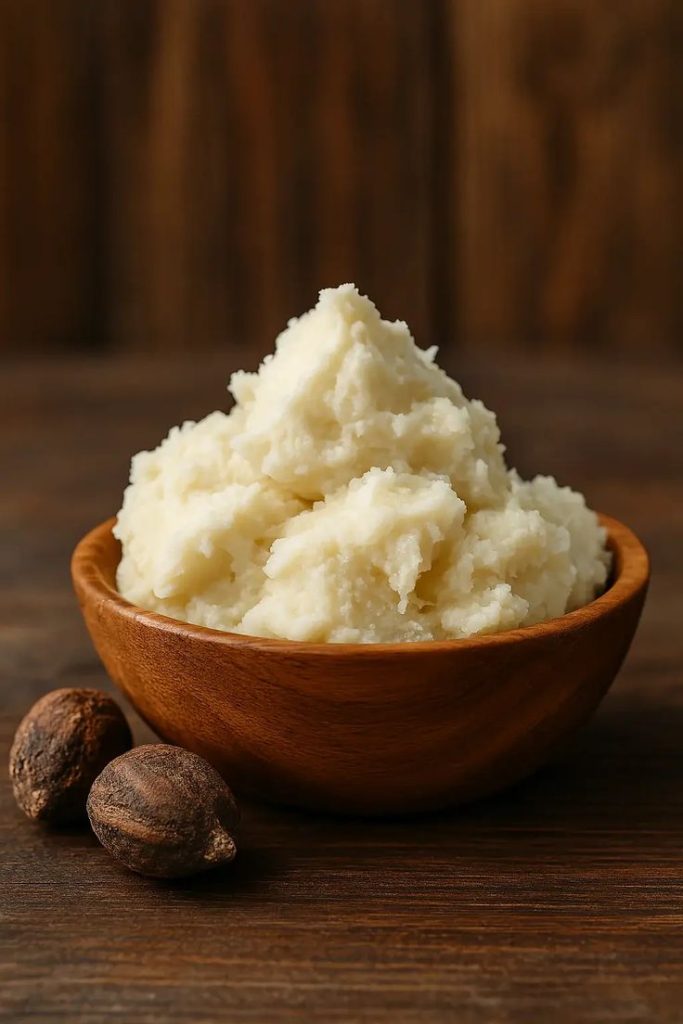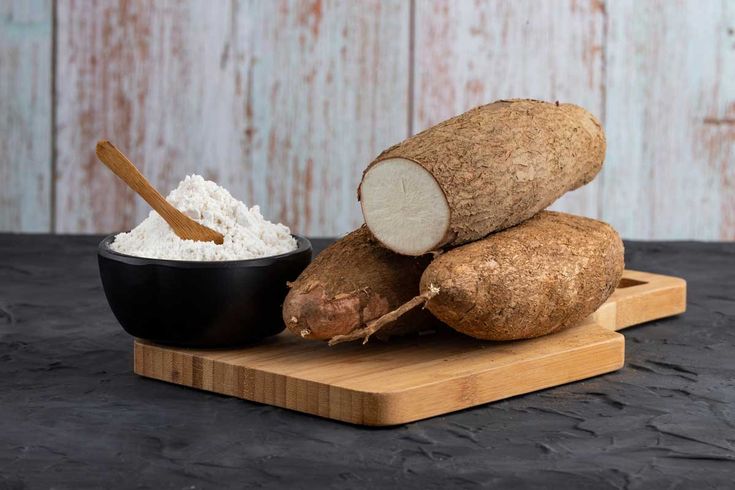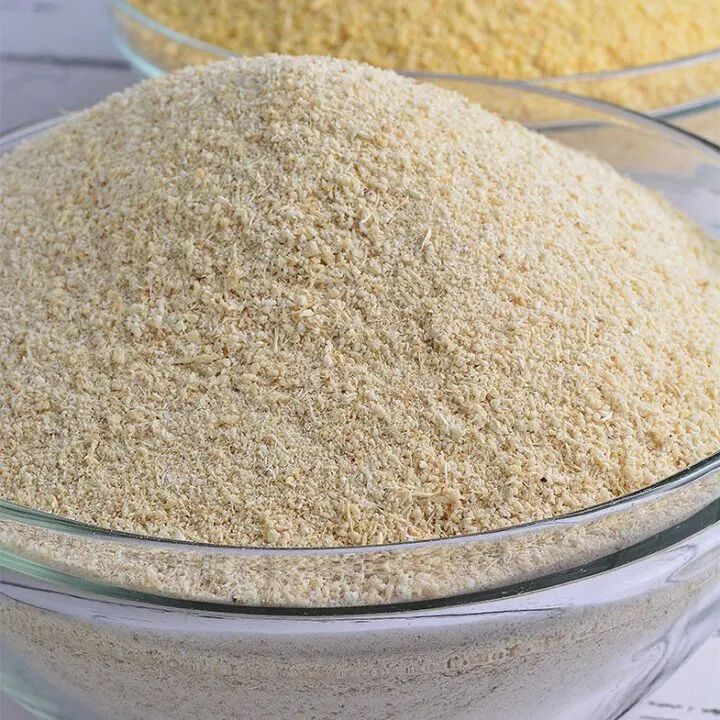What It Is
Plantain flour is a finely ground powder made from unripe green plantains. It is a popular staple food and functional ingredient in many African, Asian, Caribbean, and Latin American cuisines. Unlike ripe plantains that are often eaten fried or boiled, unripe plantains are dried and milled into flour, giving them a longer shelf life and wider culinary applications.
Plantain flour is gluten-free, nutrient-dense, and versatile, making it an increasingly important commodity in the global health-conscious and ethnic foods market. It serves as an excellent substitute for wheat flour, especially among people with gluten intolerance or celiac disease.
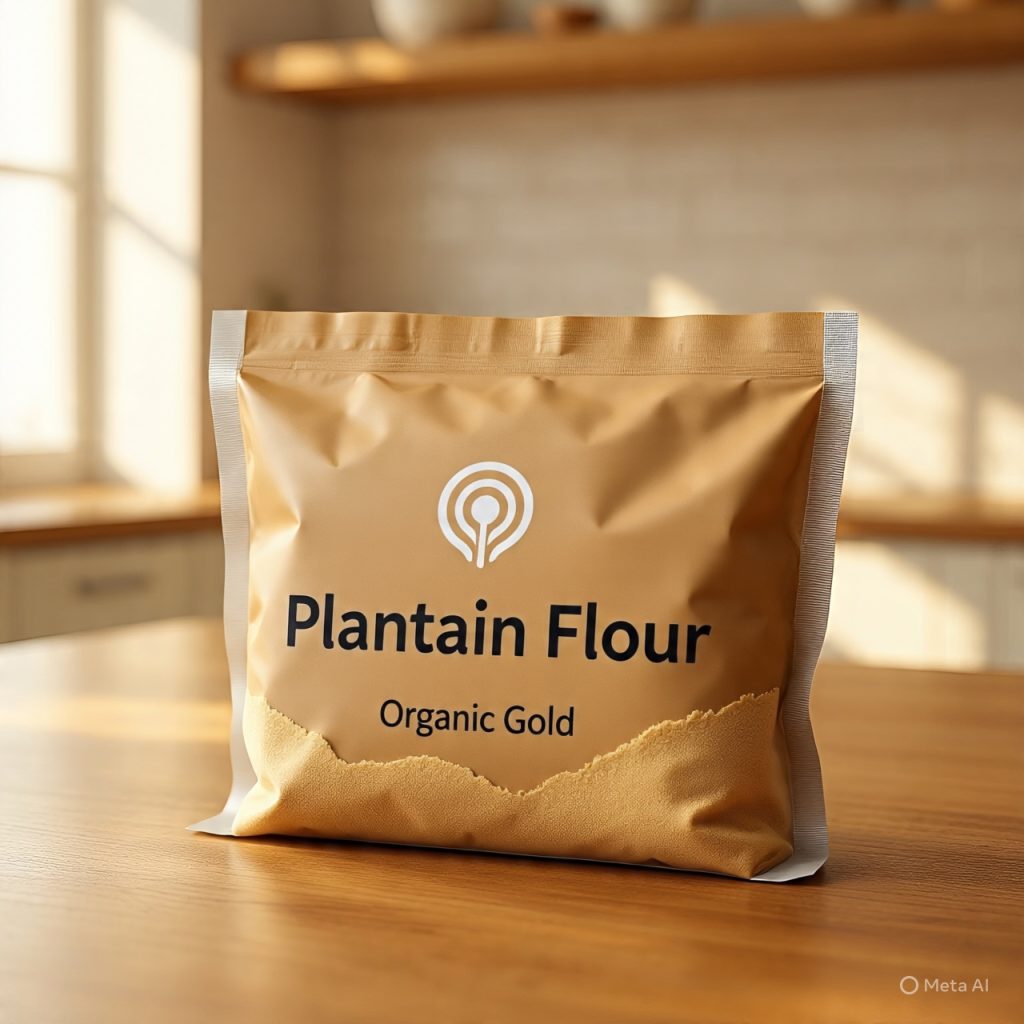
Nutritional Profile
Plantain flour is valued for its rich nutritional composition, which includes:
-
Carbohydrates (70–75%) – Provides energy and is a major dietary source of resistant starch.
-
Dietary Fiber (6–8%) – Aids digestion and supports gut health.
-
Protein (3–5%) – Contributes to growth and repair of tissues.
-
Potassium & Magnesium – Supports cardiovascular health and muscle function.
-
Iron – Helps in red blood cell formation.
-
Vitamin A, C, and B-complex – Boosts immunity and improves metabolism.
Health Benefits
-
Gluten-Free Alternative – Ideal for people with wheat allergies or gluten intolerance.
-
Diabetes-Friendly – Its resistant starch and low glycemic index help manage blood sugar levels.
-
Digestive Health – High fiber content supports bowel movement and gut health.
-
Weight Management – Promotes satiety and helps regulate appetite.
-
Heart Health – Rich potassium and magnesium content regulate blood pressure.
Uses of Plantain Flour
-
Food Preparation: Used in making swallow meals (like amala or fufu), porridge, and baby foods.
-
Baking Industry: A substitute for wheat flour in bread, cakes, pastries, and pancakes.
-
Gluten-Free Foods: Increasingly popular in the production of gluten-free snacks and pasta.
-
Thickening Agent: Used in soups, sauces, and gravies.
-
Health & Wellness Products: Incorporated into diabetic and weight-loss diets.
Packaging for Export
Plantain flour must be packaged to preserve freshness, prevent contamination, and extend shelf life.
-
Export Packaging:
-
1kg, 2kg, 5kg, and 10kg laminated polyethylene or polypropylene bags.
-
Bulk export packaging in 25kg or 50kg food-grade paper sacks with inner polyethylene lining.
-
-
Packaging Considerations:
-
Must be moisture-proof, airtight, and tamper-evident.
-
Proper labeling with nutritional information, batch number, production date, expiry date, and country of origin.
-
Compliance with UK Food Standards Agency (FSA) and EU Food Packaging Regulations.
-
Export Form
Plantain flour is exported in powdered form made from dried, milled, and sieved green plantains. It should have:
-
Uniform particle size.
-
Creamy or off-white color.
-
Neutral, slightly earthy aroma.
-
Moisture content below 12% to prevent spoilage.
Specifications for Export
-
Moisture Content: ≤ 12%
-
Particle Size: Fine powder (≤ 250 microns)
-
Color: Creamy white to light brown (depending on drying method)
-
Shelf Life: 12 – 18 months (if properly packaged)
-
Packaging: 1kg–25kg sealed packs, with labeling per international standards
-
Storage Conditions: Cool, dry place, away from direct sunlight
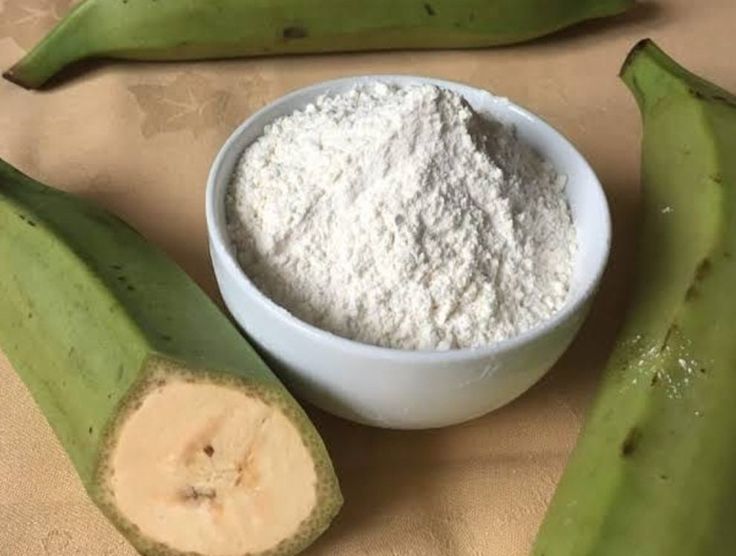
Global Demand & Market Potential
-
Africa & Caribbean Diaspora Markets: High demand in the UK, USA, and Canada among African and Caribbean communities.
-
Health Food Market: Rising demand among gluten-free, diabetic-friendly, and organic product consumers in Europe, North America, and Asia.
-
Baking & Food Industry: Increasingly used by bakeries, restaurants, and food processors as a healthier flour option.
UK Market Demand
-
Supermarkets & African Shops: Plantain flour is a staple in Afro-Caribbean stores across London, Manchester, Birmingham, and Liverpool.
-
Health-Conscious Consumers: The UK gluten-free flour market is valued at over £400 million annually, with plantain flour gaining market share.
-
Restaurants & Food Service: African and Caribbean restaurants use it for traditional meals like amala plantain or fufu.
HS Code for Plantain Flour
The Harmonized System (HS) code for plantain flour falls under:
-
HS Code: 1106.20.00 – Flour, meal, and powder of sago, or of roots or tubers of heading 0714 (including plantains).
Export Opportunities
-
UK & EU Diaspora Communities – Strong and steady demand.
-
Health & Wellness Industry – Growing need for natural, gluten-free flours.
-
Food Processing Companies – Demand for bulk supplies to be used in bakery and snacks production.
-
E-commerce – Online marketplaces like Amazon UK, eBay, and Afro-Caribbean food stores are opening distribution channels for plantain flour.
Conclusion
Plantain flour is more than just a traditional African staple; it has become a global health-conscious food product with increasing demand in the UK, EU, North America, and Asia. Exporters who maintain quality standards, proper packaging, and compliance with food regulations stand to benefit greatly from this growing market.

